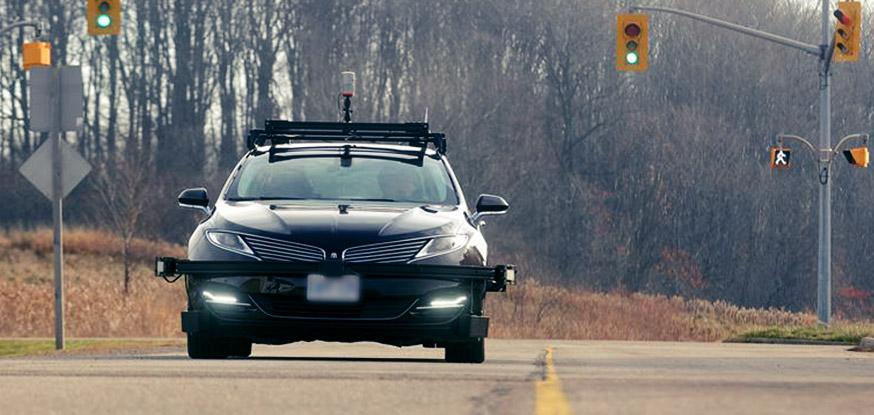Experts have suggested that Canada looks set to join the US, Europe and Japan in the race to develop, deliver and deploy driverless technology. The claim was made following the announcement by Canadian automotive parts firm Magna International that they have developed its own autonomous technology.
The firm which is headquartered in Toronto launched its Max 4 Autonomous Driving Platform. Magna International's entry into the self-driving market should come as no surprise with major car manufacturers and technology leaders such as Google and Apple all investing their resources into developing self-driving platforms.
Magna's addition to this global race focuses on making the technology components that drive autonomous vehicles nearly invisible. While it's evident that most of the cutting-edge innovations in this emerging sector is currently being produced in Europe, the US and Japan, many tech analysts have suggested that Magna's emergence combined with that of former technology colossus BlackBerry has placed Canada in a very strong position to win a slice of the global market.
Chief Technology Officer for Canadian Automated Vehicles Centre of Excellence, Paul Godsmark believes that if the government supports tech companies then it will inevitably strengthen its position in the self-driving race. He said: "The more we do now, the more government supports the development of technology companies, the bigger our slice of the pie will be. We are clearly supporting companies that are near the forefront of what's going on.”
According to a report which was compiled in 2015 by the Conference Board of Canada, the country could potentially generate $65 billion in potential benefits from autonomous vehicle developments. The report also pointed out that the adoption of self-driving technology will reduce car accidents, save costs on fuel, and reduce congestion.
It has also been claimed that a forthcoming vote in the US Congress to speed up the deployment of self-driving cars is likely to increase competitive pressure on Canada. Currently, Ontario is the only province where it is legal to test self-driving vehicles on its public roads.
Despite the incessant talk surrounding autonomous driving and the consistent partnerships and collaborations being formed by tech and car manufacturing companies, many industry observers remain cautious on when the technology with human surveillance will be fully adopted.
Head of BlackBerry's firm QNX, John Wall believes that a truly autonomous future is years away. Wall's firm opened an autonomous vehicle innovation centre in Ottawa last December. Wall has consistently said that autonomous driving is pushing the adoption of new automotive architecture, systems that control a car's operations that are more powerful, smaller and able to be adapted remotely.
In addition to this, Wall firmly believes that the autonomous vehicle race is also driving developments in areas like artificial intelligence and neural network computing. Wall said, "Our belief at BlackBerry QNX is that autonomous driving is just the beginning. The same type of requirements will be needed for any automation in the future."

